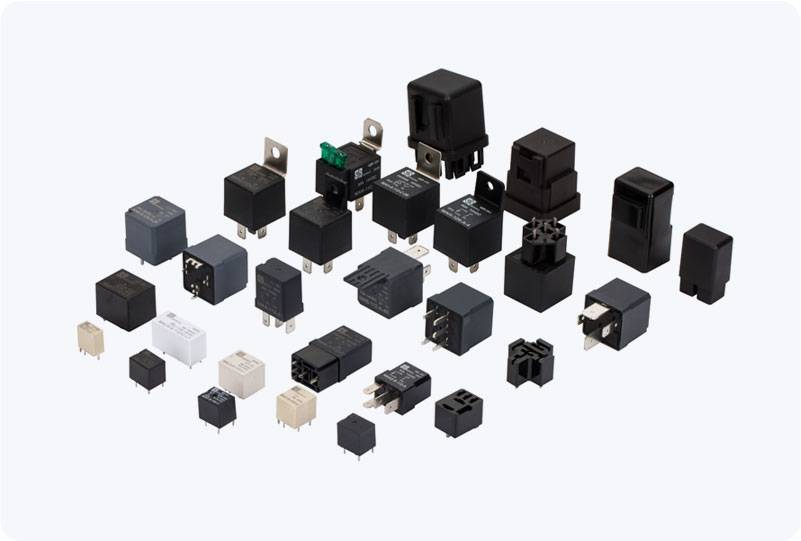The rise of electric vehicles (EVs) has led to a growing demand for robust and efficient charging infrastructure. One essential component of this infrastructure is the DC Charging Station Relay. This device plays a pivotal role in managing and controlling the electrical flow in direct current (DC) fast-charging stations. As EV adoption accelerates globally, understanding the functionality and importance of DC charging station relays becomes crucial for the future of sustainable transportation.

What is a DC Charging Station Relay? A DC Charging Station Relay is an electronic switch used in DC fast-charging stations to control the flow of electric current between the charging station and the electric vehicle. It is designed to ensure that the power delivered to the vehicle is safe, stable, and in the appropriate amount for quick and efficient charging. The relay serves as the backbone of the charging station’s control system by regulating voltage, current, and the initiation or termination of the charging session. Unlike alternating current (AC) charging, where the power delivered is converted within the vehicle, DC charging stations provide direct current to the EV’s battery, allowing for much faster charging. This is why DC charging stations, particularly those found in public charging networks, must be equipped with high-performance relays to ensure seamless operation and safety.